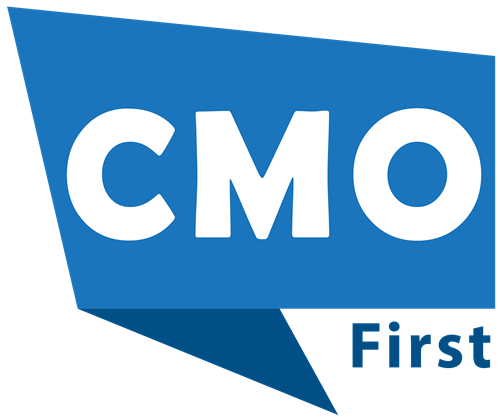As CMOs hope to uplift marketing operations in the post-pandemic world, they must learn to stop making B2B marketing strategy mistakes that prevent the long-term growth of the brands.
CMOs and other B2B marketing leaders list sound marketing strategies as the top priority for improving their marketing operations. But, to implement them effectively is another matter entirely.
In today’s marketing landscape that is evolving at an accelerated pace, it has become difficult for CMOs to effectively define what marketing strategy means to them. In some cases, it has also been revealed that critical inputs for formulating a sound marketing strategy are lacking, causing marketing to fall behind other revenue-generating sources and the overall business growth.
Every brand aims to be stable in their business operations and hope to thrive in the continuously evolving marketplace. Hence, it has become increasingly important to build a holistic marketing strategy that supports the long-term goals of the business.
Also Read: How Marketers Can Accelerate the Idea-To-Launch Process with Composable Technology Architecture
4 B2B marketing strategy mistakes
Thinking marketing strategy and annual planning are the same
According to experts, CMOs often confuse marketing strategy with annual planning even though they are entirely different in nature.
CMOs should treat marketing strategy as a set of decisions and investments which are planned and must be executed in the given time frame. This helps them to get an upper edge over their competitors in the future.
On the other hand, annual planning lays out the steps that CMOs need to take in the coming year to advance their marketing strategy.
Understanding this difference is critical because without having a sound marketing strategy, it becomes virtually impossible to execute the annual planning.
Misunderstanding the needs of business from the marketing side
As per experts, CMOs often misinterpret the overall business strategy. And in such times, they lack the inputs they need or are not clear about the brand’s vision; thereby laying a foundation of a poor marketing strategy.
Creating marketing strategies on this basis results in the marketing department not being able to deliver on their business objectives. Furthermore, it becomes difficult for CMOs to effectively communicate the value of their marketing initiatives to their counterparts.
Going in all alone
To develop a sound marketing strategy, CMOs must align their objectives with that of sales and product executives. This ensures that the revenue-generating elements are working in sync with each other to advance the overall business objectives.
CMOs, along with sales and product leaders should agree on a vision for where the business is going in the next few years, including how to grow the business and achieve its long-term goals.
Also Read: Leverage Customer Advocacy to Succeed in B2B Marketing Landscape
Not providing enough guidance
One of the biggest factors that prevent CMOs from developing a sound marketing strategy is the inability of product, demand and various marketing sub functional leaders to understand the long-term strategy of the brand. This results in them formulating strategies in silos that don’t effectively contribute to marketing’s impact on the business objectives.
Thus, CMOs must take a methodical approach that ensures that each sub-function strategy of marketing aligns with the overall business strategy objectives.
Since marketing will continue to change, due to rapid innovations in the ecosystem, CMOs must constantly evaluate and assess their marketing strategies. This should only ensure that they develop successful marketing strategies but also play a key role in contributing to the revenue goals set by their counterparts.























Leave a Reply